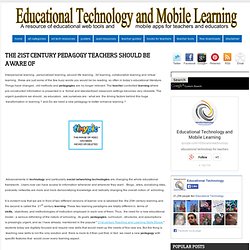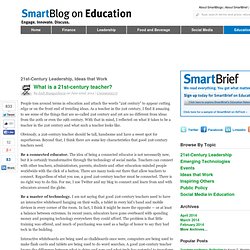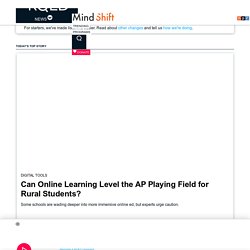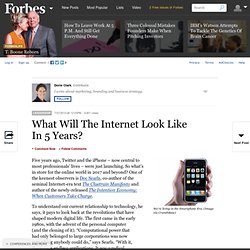

The 21st century pedagogy teachers should be aware of. Interpersonal learning , personalized learning, second life learning , 3d learning, collaborative learning and virtual learning , these are just some of the few buzz words you would be be reading so often in today’s educational literature.

Things have changed , old methods and pedagogies are no longer relevant. The teacher-controlled learning where pre-constructed information is presented in a formal and standardized classroom settings becomes very obsolete. The urgent questions we should , as educators , ask ourselves are : what are the driving factors behind this huge transformation in learning ? And Do we need a new pedagogy to better enhance learning ? Advancements in technology and particularly social networking technologies are changing the whole educational framework . It is evident now that we are in front of two different versions of learner one is labeleed the the 20th century learning and the second is called the 21st century learning. The Partnership for 21st Century Skills. The 21st century pedagogy teachers should be aware of. The 21st century pedagogy teachers should be aware of. 21 century skills. What is a 21st century teacher? People toss around terms in education and attach the words “21st century” to appear cutting edge or on the front end of trending ideas.

As a teacher in the 21st century, I find it amazing to see some of the things that are so-called 21st century and yet are no different from ideas from the 20th or even the 19th century. With that in mind, I reflected on what it takes to be a teacher in the 21st century and what such a teacher looks like. Obviously, a 21st-century teacher should be tall, handsome and have a sweet spot for superheroes. Beyond that, I think there are some key characteristics that good 21st-century teachers need.
Be a connected educator. Be a master of technology. Interactive whiteboards are being used as chalkboards once were, computers are being used to make flash cards and tablets are being used to do word searches. Be a reflective practitioner. Be an advocate. None of these ideas is radical or groundbreaking. The Leader’s Guide to 21st Century Education: A Review. How we will learn. MindShift explores the future of learning in all its dimensions.

We examine how learning is being impacted by technology, discoveries about how the brain works, poverty and inequities, social and emotional practices, assessments, digital games, design thinking and music, among many other topics. We look at how learning is evolving in the classroom and beyond.We also revisit old ideas that have come full circle in the era of the over scheduled child, such as unschooling, tinkering, playing in the woods, mindfulness, inquiry-based learning and student motivation. We report on shifts in how educators practice their craft as they apply innovative ideas to help students learn, while meeting the rigorous demands of their standards and curriculum.
MindShift has a unique audience of educators, tinkerers, policy makers and life-long learners who engage in meaningful dialogue with one another on our sites. Contact the us by email. What Will The Internet Look Like In 5 Years? We're living in the Smartphone Era.

(Image via CrunchBase) Five years ago, Twitter and the iPhone – now central to most professionals’ lives – were just launching. So what’s in store for the online world in 2017 and beyond? One of the keenest observers is Doc Searls, co-author of the seminal Internet-era text The Cluetrain Manifesto and author of the newly-released The Intention Economy: When Customers Take Charge. To understand our current relationship to technology, he says, it pays to look back at the revolutions that have shaped modern digital life. The next key phase came in 1995 with the rise of the Internet browser and Internet Service Providers (ISPs). The third phase, which we’re currently in, is the Smartphone Era. With its Android operating system, Google has been trying to open up the field, he says.
He draws a parallel with nature. So what will we see instead?